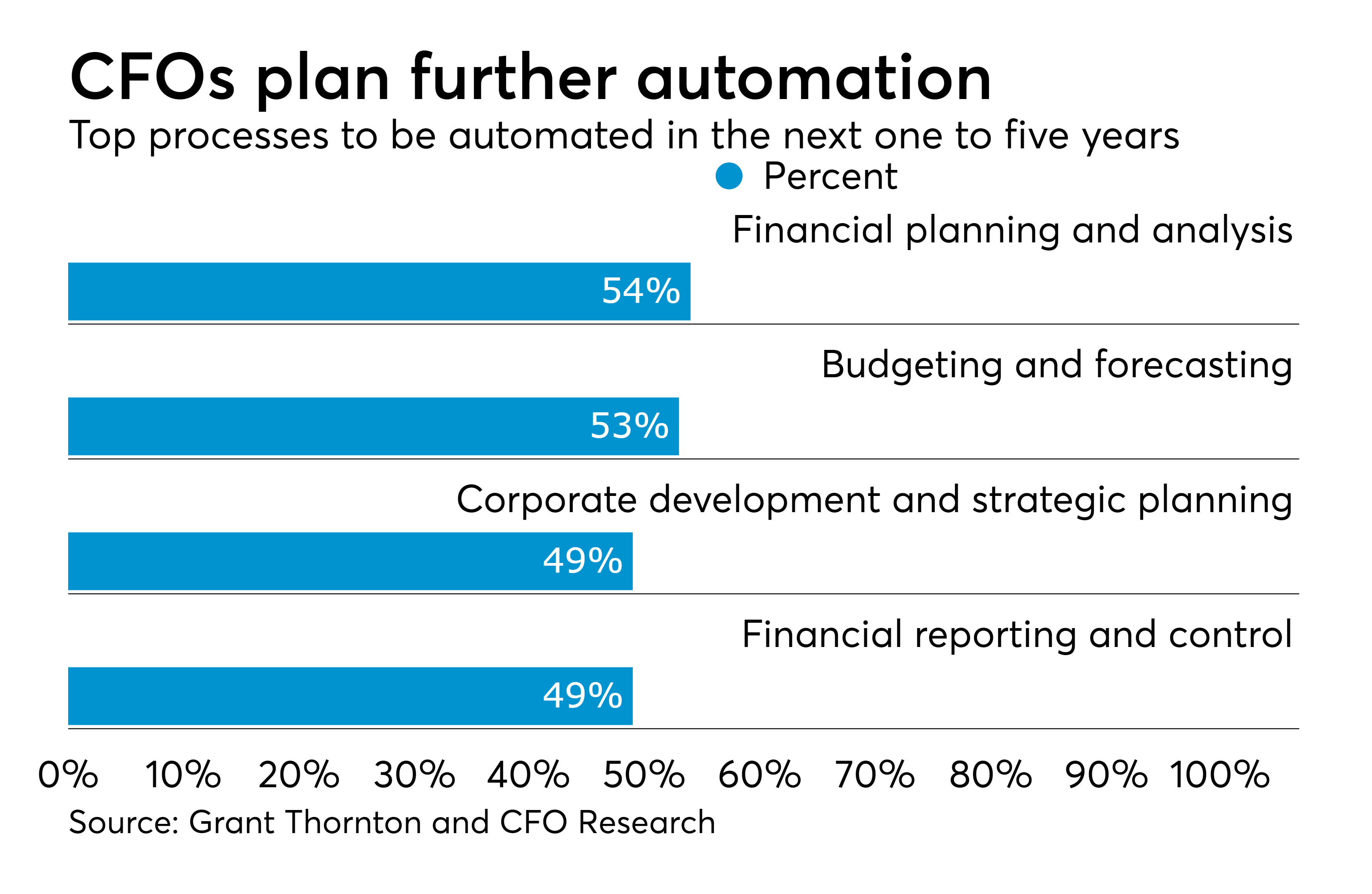We live in an age of enormous technological advancement, yet most finance organizations continue to operate with significant manual intensity.
Take a leading payments company as a case study. While this company’s customers’ payments quickly flow in the digital domain, every month a large, globally-distributed team of finance professionals use an array of spreadsheets, process stress-producing volumes of emails, and manually construct documents to retain necessary accounting archives, all requiring orchestration, oversight and time-sensitive execution. For most global growth companies, such spreadsheets, documents and emails have become increasingly difficult to manage, over burdening finance teams with many manual tasks in the close process workflow.
Certainly, the finance team’s work foundationally enables the enterprise and meets many stakeholder needs. However, in today’s rapidly evolving business environment, efficiency and scalability is a must. Finance teams cannot afford to swim endlessly through an ocean of emails and be inundated with voluminous spreadsheets; they must provide insightful value to the business. We at Deloitte suggest a possible way forward: financial close automation. 
Financial close automation (FCA) offers the potential benefits you might expect: Processes can be standardized and streamlined, usually in a more centralized way, and with fewer bottlenecks and errors. These benefits can’t be understated. Even without the time and process efficiencies, error reduction can head off damaging financial, regulatory and reputational outcomes, and that speaks for itself.
Yet there’s another benefit to FCA many may not anticipate — it can help elevate the work experience. Like their counterparts elsewhere in business, accountants working with FCA often find that automation doesn’t replace their valuable skills; rather, it augments them, lifting the burden of repetitive, time-consuming tasks and freeing them to devote more time to find the patterns and develop the insights the rest of the business can use. Which course of action is most promising? How well did a product or initiative really work? And where do we go from here?
Accountants are fiduciary officers, with deeply consequential responsibilities, that can affect the fortunes of the whole enterprise. And with the right tools, they can also be storytellers, collaborators or strategists. That potential unfolds when FCA helps tame company data, turning it from noise into narrative.
Next (and perhaps most importantly), FCA can make accountants feel happier in their roles.
As many CEOs know, happy employees are more than an HR nice-to-have, and there’s data to back this up. MIT research shows that organizations with a top-quartile employee experience typically achieve double the innovation, double the customer satisfaction, and 25 percent higher profits than organizations with a bottom-quartile employee experience. The authors of a Deloitte Digital human capital report recommend companies that want to succeed move beyond thinking about experience at work in terms of perks, rewards or support, and instead focus on job fit, job design and meaning.
This same report found that 84 percent of survey respondents rated the issue of employee experience as important, and 28 percent said it was one of the three most urgent issues facing their organizations in 2019. Unfortunately, only nine percent believe their organization is “very ready” to address employee experience for the better.
The good news for finance leaders is that the monotonous to-dos of financial close are ripe for optimization — with the knock-on effect of a better employee experience.
Consider the status quo: Closing takes place among multiple business units, IT systems, databases and even time zones. The mix of reconciliations, confirmations, reviews, verifications and adjustments doesn’t just add effort; it also limits visibility into why things are happening the way they are. And it’s all manual, with spreadsheets flowing among people and departments for checks, sign-offs and redos. Add in business events such as an acquisition, new product launch or market expansion, layer in the stress that comes with the risk of error, and it’s recognizable that morale on the finance team can be at risk.
By comparison, FCA can help change the work experience for members of a finance organization with:
- Consolidated dashboards that provide transparency into the entire process;
- Workflows designed by finance professionals for finance professionals;
- Fewer emails and time-intensive meetings;
- Less need to manually switch or translate from one system to another; and
- Increased peace of mind from built-in reduction of critical errors.
There’s data to back these assertions up. On a monthly basis, sample FCA implementations have helped finance organizations eliminate some 5,000 emails, reduce journal posting by about 300 hours, and increase cross-functional labor efficiency by 3 to 5 percent — all with greater transparency and consistency across business units and locations.
There’s often a false dichotomy in business, that you can work hard or work smart. What’s implicit here is that smart workers don’t expend as much effort for the same result as the grinders. But maybe there’s a grain of truth here. Who benefits if present-day systems force accountants to use more elbow grease than imagination? It may be counterintuitive to think human insight can be a byproduct of automation. But on top of everything that FCA can potentially do for a company’s books, its most rewarding benefit may be the more meaningful work it can free its people to take on.